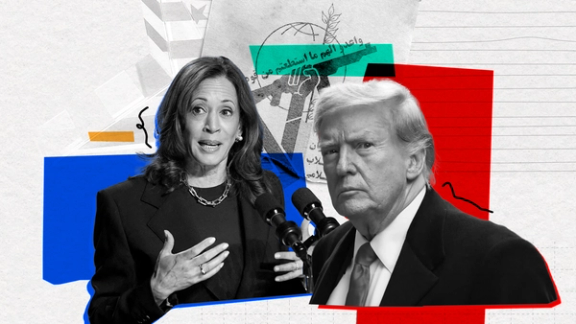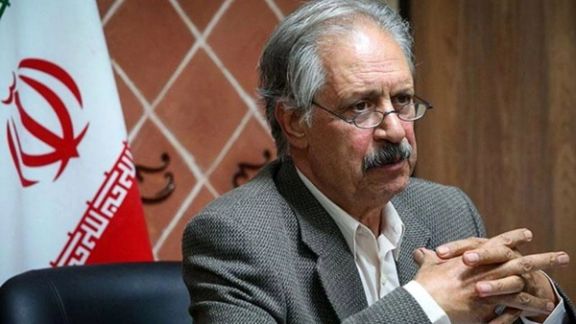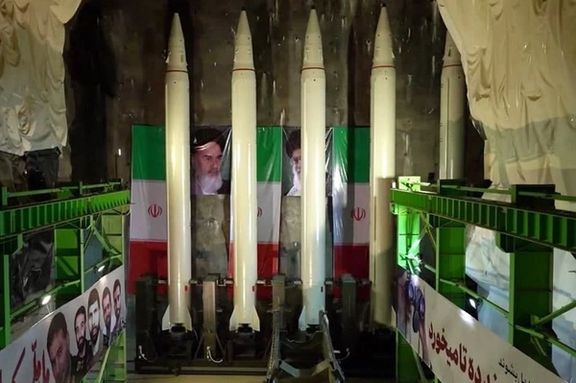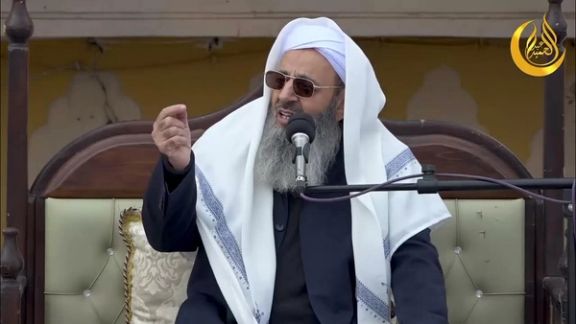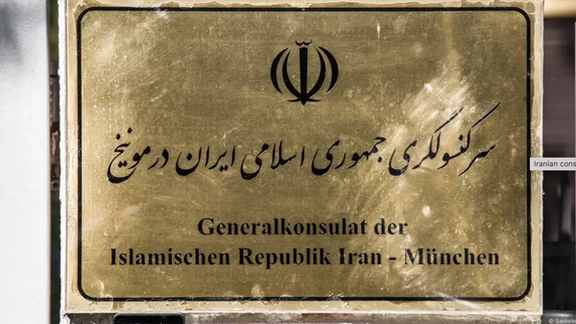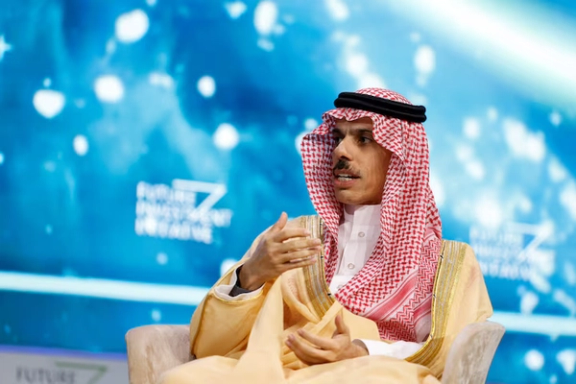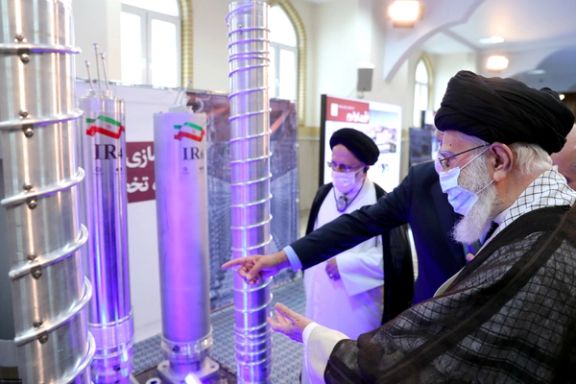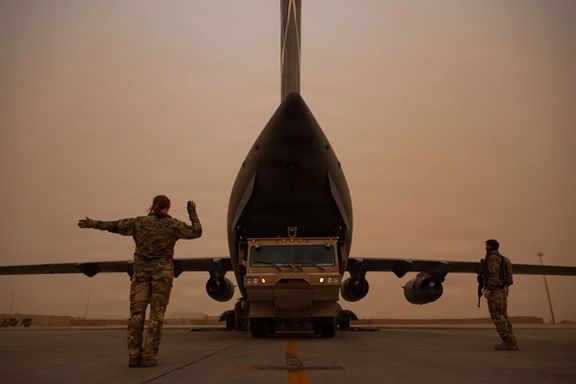In an editorial penned by the editor-in-chief of the Javan newspaper, Gholamreza Sadeghian, the IRGC-aligned outlet categorized four types of deterrence and said that the Islamic Republic has achieved the first three: political, economic, and military.
The author referred to the last type as nuclear deterrence, writing: "We know that the enemy is concerned with Iran's deterrence in this regard.”
“While we have emphasized that we are not pursuing nuclear weapons, the capability to acquire them and establish deterrence is another matter—one that the world recognizes in Iran, with estimates suggesting we could achieve this within a week if we chose to do so."
The UN nuclear watchdog has warned several times that Iran may be weeks away from having enough weapons-grade nuclear material.
Earlier this year at the Aspen Security Forum, US Secretary of State Antony Blinken warned that Tehran can produce the necessary fissile material for an atomic bomb in as little as a week or two.
“Instead of being at least a year away from having the breakout capacity of producing fissile material for a nuclear weapon, it is now probably one or two weeks away from doing that,” he said, clarifying that Iran has not yet produced a weapon, which would take far more time.
The editorial from the Javan newspaper, a mouthpiece for the IRGC, indicates a growing sentiment within certain circles of the Iranian establishment, advocating for the acquisition of nuclear weapons as a means of deterrence.
It has heightened against the backdrop of tensions with its nemesis Israel, widely believed to possess at least 90 nuclear warheads, according to organizations such as the Arms Control Association.
Earlier in October, a group of Iranian lawmakers called on Iran's Supreme National Security Council to review the country's defense doctrine and consider building nuclear weapons. They argued that Supreme Leader Ali Khamenei can reconsider his religious ban on nuclear weapons on the grounds that the circumstances have changed.
Iranian officials have repeatedly asserted that the country's nuclear program is peaceful, referring to a religious ruling by Khamenei prohibiting weapons of mass destruction, including nuclear bombs.
Tehran’s stockpile of uranium, currently enriched to 60%, could potentially be refined to weapons-grade 90% in a very short time. The shift in doctrine would likely be a signal of Iran's willingness to develop nuclear weapons if Israeli military actions threaten its core interests.
In May, an adviser to Iran's supreme leader said that Iran would reconsider its nuclear doctrine if Israel threatens its existence. There are also claims by Iranian officials that Iran might already possess a nuclear weapon.
In August, Iran International reported that Tehran is intensifying efforts on its secretive nuclear weapons program, bringing the country closer than ever to developing a nuclear bomb.
In early October, pro-establishment voices on Persian-language social media claimed that a recent earthquake in Iran’s Semnan province was actually a covert nuclear test as ultra-hardliners rejoiced over the claims of Iran's alleged nuclear test.
Alex Vatanka, founding director of the Iran Program at the Middle East Institute, told Iran International's Eye for Iran this month that Tehran is nervous about potential Israeli strikes on its nuclear facilities and is using its controversial atomic program as a leverage.
According to Jack Roush, a research associate at United Against Nuclear Iran (UANI), the Strategic Council on Foreign Relations -- a little-known but influential body handpicked by Khamenei-- may provide the spur the Supreme Leader needs to ditch his avowed refusal of nuclear weapons and reach for the ultimate deterrent.
